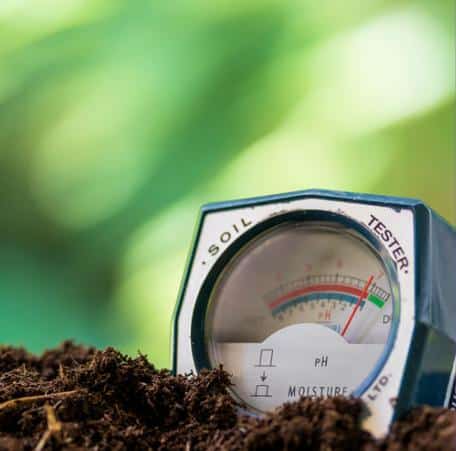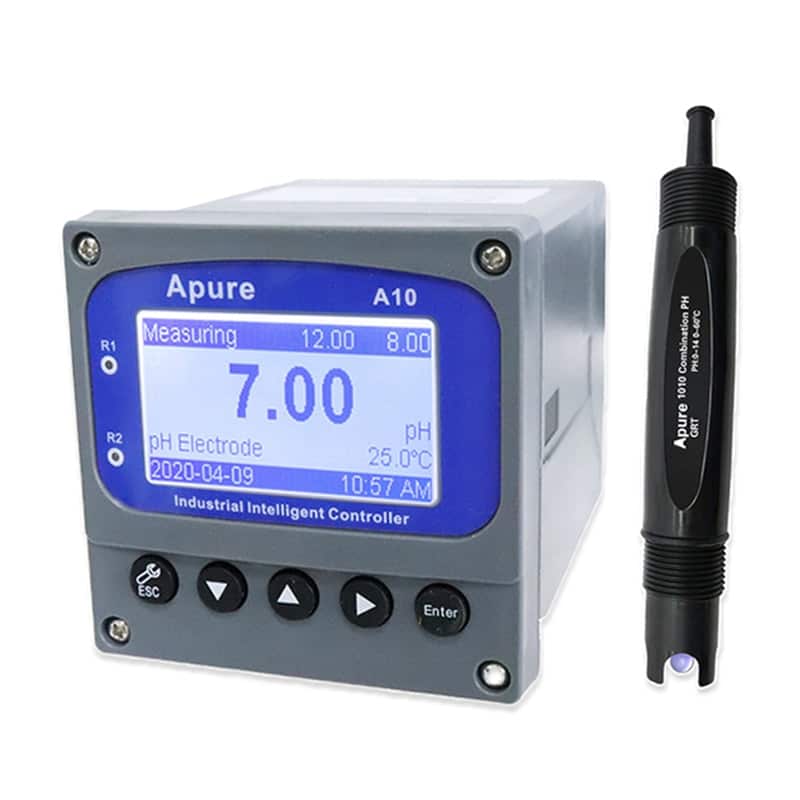Maintaining the right pH level in your soil is crucial for optimal plant growth and health. Soil pH affects nutrient availability, microbial activity, and overall soil fertility. If you find your soil is too acidic, raising its pH can make a significant difference in your garden or agricultural plot. Fortunately, there are several effective methods to increase soil pH, and understanding these can help you create a thriving environment for your plants.
What is The pH of The Soil?
The pH of a soil is a measure of its acidity or alkalinity. It is represented by the numbers 0 to 14, where 7 is considered neutral. Soils below 7 are considered acidic, and the lower the pH, the more acidic; soils above 7 are considered alkaline, and the higher the pH, the more alkaline.

Specific Range of Soil pH
0 to 6.9: Acidic soils
Soils with a pH between 4 and 6 are often used to grow plants that prefer acidic conditions, such as blueberries and rhododendrons.
7: Neutral soil
Neutral soils are suitable for most plants, such as vegetables and flowers.
7.1-14: Alkaline soil
Alkaline soils are suitable for certain plants, such as lavender, figs, and thyme, which are alkaline-tolerant.
Importance Of Soil pH
The pH of the soil is critical to plant health because it affects the plant’s ability to absorb nutrients from the soil. If the soil is too acidic or alkaline, certain essential nutrients may not be available for plant uptake, even if they are present in the soil. For example, iron availability is higher in acidic soils, while calcium and magnesium availability are higher in alkaline soils.
What Affects The pH of The Soil?
- Rainfall: More rainfall can wash away alkaline elements from the soil, leading to soil acidification.
- Organic matter: Decomposing organic matter may produce acids that lower soil pH.
- Fertilizer use: Long-term use of fertilizers containing acidic ingredients such as sulfur and ammonium can lead to soil acidification.
How to Test Soil pH?
The simplest and most effective way to measure soil pH is to use a pH probe or sensor. However, you can also use qualitative pH test strips, which will give you a general color scale range.
Measuring soil pH with the Apure A10 pH sensor is a simple 4-step process
- Dig a hole deep enough to hold the pH probe and place the excavated soil in a bucket.
- Add water to the soil in the bucket to form a “slurry” and remove any rocks or sticks to prevent the pH probe from breaking.
- Place the calibrated pH probe into the newly dug hole. Gently pour the slurry into the hole and wait 25 minutes to record an accurate pH reading.

Methods to Increase Soil pH
- Lime (calcium carbonate): The most common way to neutralize acidic soils.
- Dolomitic lime: Provides both calcium and magnesium for magnesium-deficient soils.
- Wood ash: Contains alkaline substances that quickly raise the pH level.
- Baking soda: Suitable for small areas of soil that need a quick pH adjustment.
- Eggshell: Rich in calcium carbonate, gradually raises pH over time.
- Slaked lime: Raises pH quickly, but needs to be used carefully to avoid overcorrection.
When to Raise Soil pH?
Overly acidic soils: Many plants may not be able to absorb nutrients properly when the soil pH is below 6, at which point the pH needs to be raised.
Growing crops that require alkaline or neutral soil: Such as vegetables, lawns, and fruit trees prefer to grow in neutral or weakly alkaline environments.
Regular soil test results show acidification: Tests have found soil pH levels declining year after year.
Factors to Consider before Adjusting Soil pH
Soil type: Different soils (e.g., sandy, clay, loam) respond differently to pH adjustments. Clay and loamy soils require more lime to raise the pH, while sandy soils respond more quickly.
Existing pH level: Determine the current pH level by testing to understand the need and extent of adjustment.
Crop needs: Different plants are suited to different pH ranges. Understand the pH needs of the crop being grown to ensure that adjustments are appropriate for its growth.
Environmental factors: Such as rainfall and drainage can also affect the rate of change in soil pH.
Summary
Raising the pH in your soil is an essential step towards achieving a healthy and productive garden or farm. By implementing methods such as applying lime, incorporating organic matter, and regularly testing your soil, you can effectively manage your soil’s acidity levels.
The Apure instrument supports the measurement of a wide range of water quality parameters, including pH, dissolved oxygen, turbidity, conductivity and more. This allows users to obtain comprehensive water quality information in a single test, greatly improving work efficiency. Whether in the laboratory, factory or outdoor, users can conduct efficient water quality monitoring anytime, anywhere, welcome to contact us for customized solutions.
